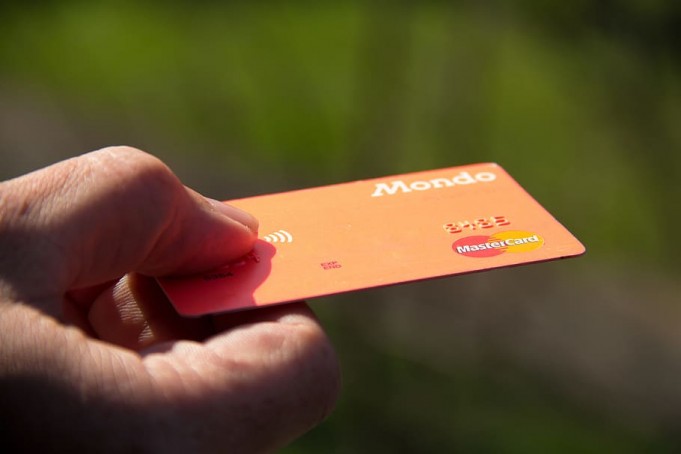Are Credit Card Rewards Taxable?
When it comes to credit card rewards being subjected to taxes, there is a lot of confusion amid taxpayers. This is mainly because the IRS (Internal Revenue Service) has resorted to providing very little information regarding the treatment of credit card rewards. However, in general, it is considered that any income that a taxpayer receives or generates is subject to tax by the government.
Now the types of rewards and how one happens to receive them, can be the main determining factor whether they can be considered taxable. For instance, in some cases, the rewards can be viewed as a rebate or discount and not as income. However, that being said, there exists some credit card reward programs which happen to offer large sign-up bonuses. The IRS can easily end up counting this taxable income.
Which Types of Rewards are Income and Which Types Aren’t?
Understanding which types of rewards are income and which types aren’t can be confusing to some. It has been observed that the kind of reward received ends up dictating whether it is taxable or not. Most credit card reward programs rarely involve an exchange of actual cash. The types of common credit card rewards that are treated in this particular manner are travel miles, accumulated points toward future purchases, and reward discounts which are automatically applied as balance credits.
Sign-up Bonuses
On the other hand, sign-up bonuses are different. Some credit card sign-up bonuses don’t require you to make any purchases, or charge any amount to your card at all. If these sign-up bonuses happen to be issued to you in cash in a direct fashion with no application to your credit card purchases, then they might very well be considered as taxable. You should always remember that the concerns over the taxation on credit card rewards typically only arise when cash happens to be involved and paid to you directly. This occurs mainly with sign-up bonuses and some cash-back programs only. In case of a sign-up bonus, the payout would be more comparable to winning a lottery. While, on the other hand, a cash-back payout would be closer to a rebate.
Therefore, if you have received a 1099-MISC form then you know what to do with it. The 1099-MISC is generally only triggered when $600 worth of income is accumulated from taxable income payouts. So, if you happened to have received the 1099-MISC then you must report back with the payouts as income and pay the tax as required. Also, always keep in mind the $600 threshold. Many cash-back reward programs pay only 1% or 2% cash-back at max. Therefore, you would need to spend close to a whopping $60,000 in a year to reach the $600 threshold with a 1% cash-back program. The same goes for a 2% cash-back program, wherein you would need to spend at least $30,000 in a year to reach the $600 threshold.









